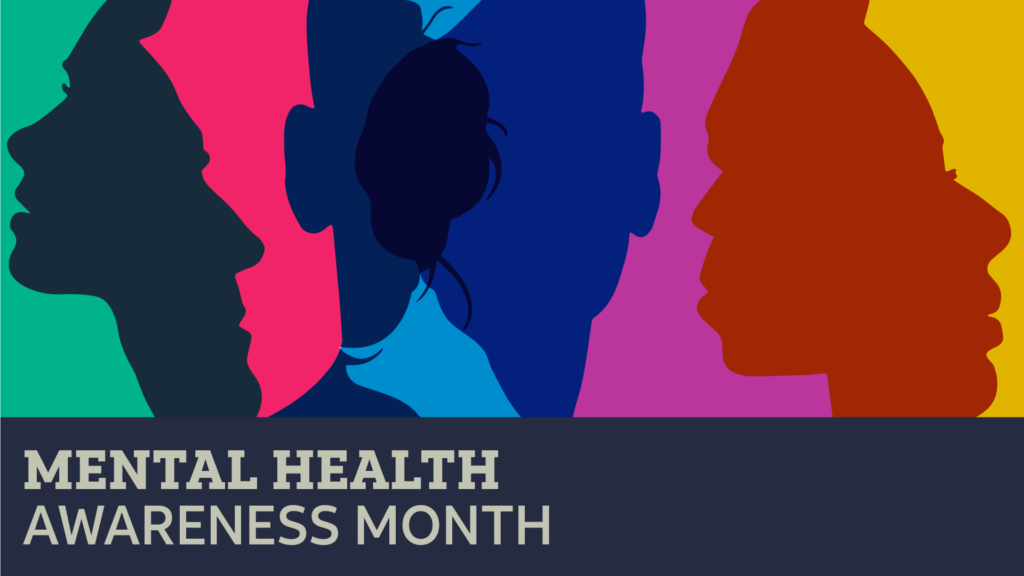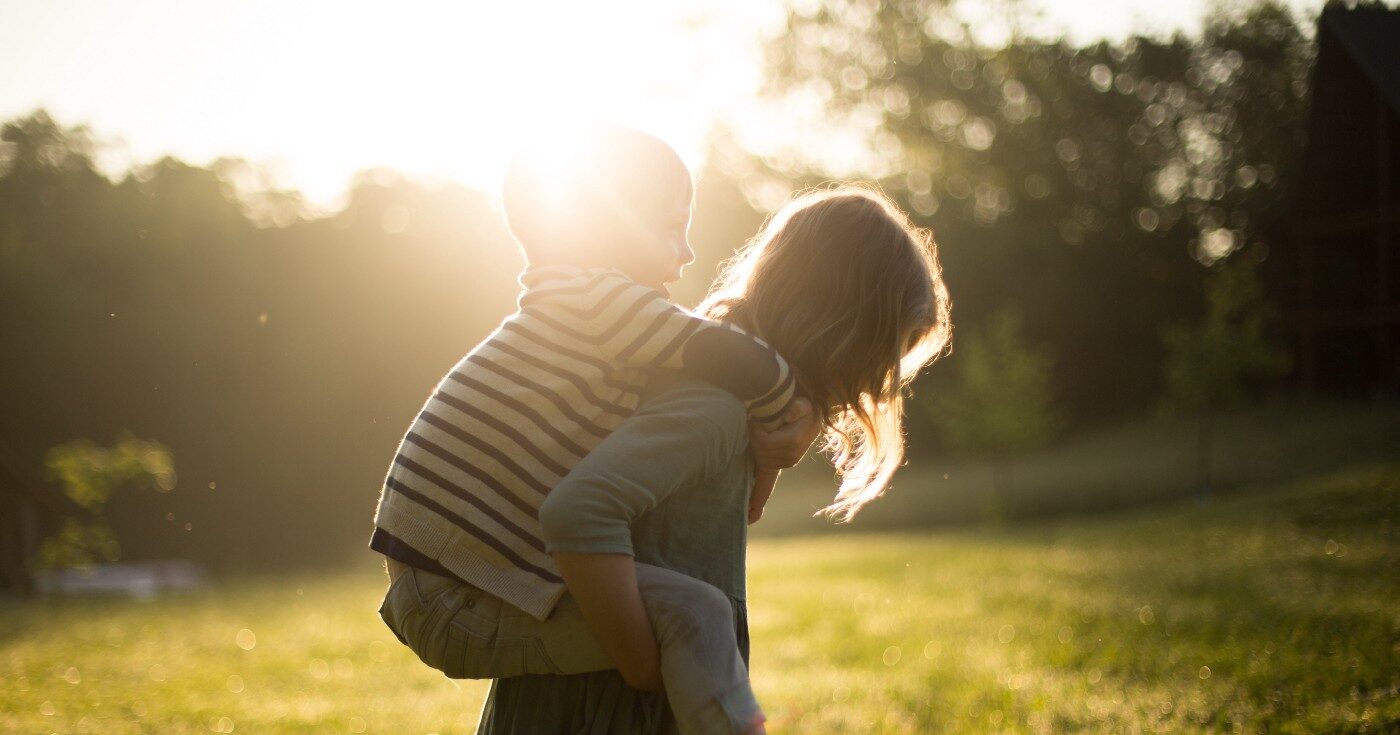How are you doing?
Kindness is this month’s prescription for positive mental health.
By: Debbie Brletic, Director, Faculty and Staff Assistance Program (FSAP)
May is Mental Health Awareness Month and, as FSAP clinicians, we couldn’t be more excited to have an entire month devoted to the fact that mental health is every bit as important as physical health. People are recognizing that the mind/body connection is key. When someone asks, ‘how are you doing?’, instinctively, our answer contemplates both our physical and emotional states, as our sense of well-being requires that they be in balance.

Let’s start this important month by checking in. How are you doing? After two long years of living in a constant state of uncertainty, not a day goes by without a news story about the state of society’s mental health. By all accounts and according to current research, our collective and individual mental health is hurting. That hurt spans a continuum from mild discomfort to significant pain. Stress, anxiety, depression, trauma, PTSD and more, have been showing up along this continuum, knocking us out of balance and making it tough to answer the question, “how are you doing?”
Left unattended, any one of these issues could gain momentum and send us off in the wrong direction. The good news is that we have access to an array of tools in our emotional toolbox that can help reverse that direction: mindfulness, breathing techniques, yoga, social connectivity, good sleep habits, healthy eating, establishing a work/life balance and seeking professional help (if necessary), to name a few.
In this special month of May, there is a particularly powerful tool we’d like to highlight. Its impact is supported by research; it can be practiced by anyone, anywhere, at any time; and it has significant benefits that extend far beyond our mental health. It is —WAIT FOR IT— practicing KINDNESS! Disarmingly simple and intuitive—being kind to others makes us feel good. The articles referenced in the links below explain the science behind the effect of kindness on the brain, but suffice it to say, kindness is a positive, readily accessible tool that combats anxiety, depression and emotional pain.
How great is it that this prescription for mental pain doubles as an antidote to the poison of “bipolarization” that we are ingesting in society today? The constant drone of “I’m right, you’re wrong; I win, you lose; I’m good, you’re toxic” is a sickness that we’re all experiencing now. Practicing kindness positively affects our mental health and receiving it might just inspire paying it forward. The outcome of this behavior creates a loop of positive mental health, with a side benefit of tackling another big problem in the world.
“Kindness is a language which the deaf can hear and the blind can see.” — Mark Twain
Meet the Faculty and Staff Assistance Program (FSAP) Counselors

Debbie Brletic,
Director



